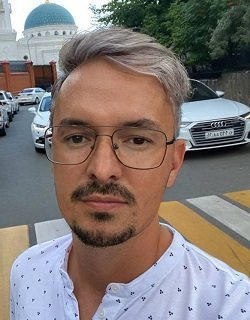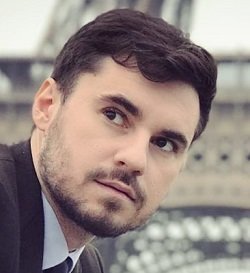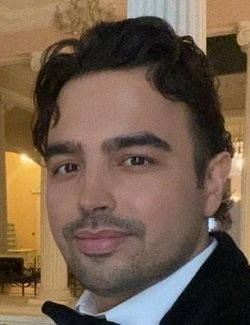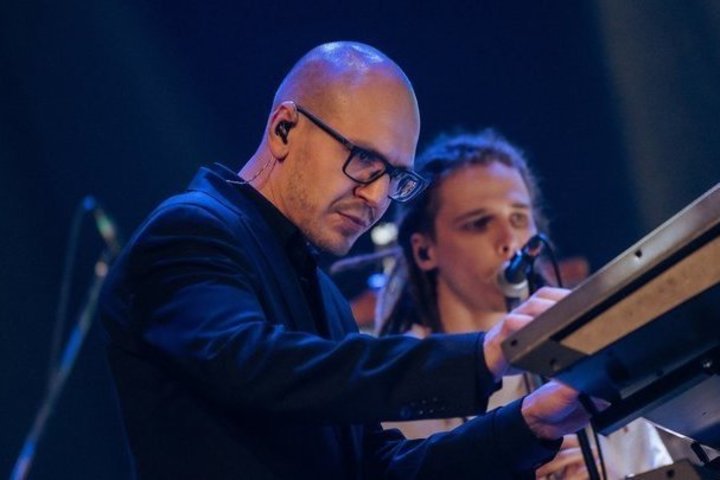Wind of Change taking year-long pause?
Stagnation and lack of a clear strategy have taken their toll

The half of the summer has passed, but preparations for Wind of Change festival, which used to finish the year, have not begun. The event, which started in 2016 after Rais of Tatarstan Rustam Minnikhanov raised the question of the situation of Tatar scenic art, at some point turned into an expensive element of the cultural calendar. But it seems that it did not fulfil its main task — updating the musical agenda.
“I think that in any case we should move in this direction”
Almost all of the festival’s musical performances can be found on the Internet (only 2019 is missing on the official YouTube channel, but performances from that period can be seen on other accounts). A meeting of Rustam Minnikhanov with heads of the republic’s media on 30 August 2016 is considered the start of the project. Then Shamil Sadykov, director general of Tatar-inform news agency, claimed that “a project rebooting Tatar scenic art is being launched in Tatarstan.”
“It’s my idea to try to change something,” Rustam Minnikhanov pointed out then. “I asked Raufal (Editor’s note: Raufal Mukhametzyanov) from the opera theatre to take on this matter and find specialists. And this is an attempt to change something. I don't want to say anything bad. Our artists are not to blame, it is our fault. We must set the level as high as the Russian one. And what is needed for this is to create conditions. This is such an attempt. I think that in any case we should move in this direction.”
Vadim Eilenkrig’ jazz orchestra joined the orchestra in the opera theatre, and Vyacheslav Artemenko (Phonograph Jazz Band by Sergey Zhilin) took over the arrangements of Tatar classics. T he first festival was held in November 2016 where famous Tatar songs were performed mainly in jazz arrangements.

As proof, we listen Kamil Khaibullin trying to integrate a soul performance into the steppe song You Played Your Saz created on Ottoman motifs rather unsuccessfully.
?si=67WYnYJRwPu2hlEXConnections, experience, New York
Since then, the basic principles of the festival have been followed almost always strictly. The proven compositions were supplemented with songs by Elmir Nizamov and Milyausha Khayrullina (as well as classic songwriter Rezeda Akhiyarova), and a list of performers headed by Ilnar Miranov changed. In 2020, as part of the festival, instead of the hodgepodge, the musical Golden Kazan by Nizamov was shown.

Also in 2020, some of the artists performed in one of the halls of New York’s Carnegie Hall. Winding Stream is a performance from that festival. Composer Zagit Khabibullin clearly borrowed a lot for it from Russian choirs. But at the festival they went further and added rap from Ilyas Gafarov to Ilgiz Shaykhraziev’s singing.
?si=BUKbdwPv3iAPFRK9
One of the frequent complaints about the festival sounded like this: not only the sound but also the message of the song as well as phonetics and text changed with the new arrangement. Let's listen to how the song Milyausha where funk motifs are added goes far, for example, from the version of Khaydar Bigichev, which is highlighted by the backup dancers.
“I’m glad that this endless cringe is over,” says conductor Aydar Niyazov. “I don’t believe that the theater will come up with a worthier alternative to this project.”
?si=aGfwbWqvgZ_FPGFR“Who was this festival for?”
However, in our subjective opinion, there were some successful performances at Wind of Change. For example, a duet of Elza and Arthur Islamov We Will Still Be Together. At the same time, the arrangement of such findings is ordinary, more steppe-like, sometimes they were not even played by the entire combined orchestra. Thus, they recreated the Tatar pop sound by the 1970s.
This is largely what the song laboratory of Kaleb” association did in 2020 and 2024; it also arose as reply to Wind of Change — why remake old songs when you can write new ones.
?si=1fCdj54DO9GsfYvy
“I was there in the winter,” says composer and arranger Yury Fedorov. “There are lot of good things in terms of professionalism. But I don’t see any development in this project. The tasks that were set were interesting. But now, there is a sense of stagnation of the material. For example, a piece was played there that I had created arrangement for, and I heard 90% of my material. It's like I'm running out of ideas. I no longer have the wow effect that I had when I first got there when Pavel Ovchinnikov was doing the sound. It seems to me that the festival does not have a well-structured concept.”

The festival in 2023 was interesting because it featured several songs that had been played previously. For example, the mentioned Jukebox trio came out with Goose Wing performance they already performed in 2021. In general, in the 8th edition Wind of Change looked like just an expensive toy, an investment with low efficiency.
?si=Zhl7n9PGvB80QnsF“Initially, the idea was utopian, doomed to failure,” says Akhmadiyev. “Those who listened to pop music that the rais didn’t like they will continue to listen to it. You can’t make a festival by taking classic songs, the golden pool, “singing in a new way.” These songs are beautiful on their own, they do not need a new interpretation (although there may be some). And they say that people will finally understand where the real art of arrangement is, where the world standards of performance lie. That part of the audience this was addressed at does not listen to the gold fund, it listens to one-day pop music. Who was this festival for? One got the impression that for a very rich class where you go to wear your dress and get used to the world pop culture. The festival lived in its own parallel reality.
Instead of the summary, let's listen to Dreams performed by an orchestra conducted by Oleg Lundstrem. Music by Almaz Monasypov, 1956.
?si=nBgPRPkPOSCKXMpg